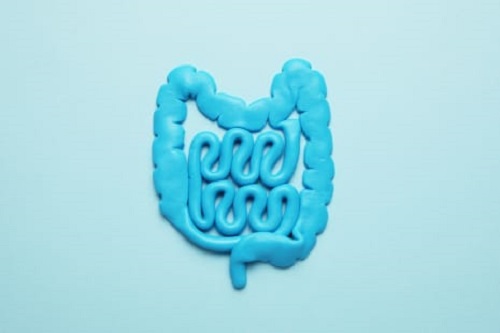Malnutrition and the festive season
Summer and Christmas holidays are an opportunity to spend quality time with loved ones and reconnect with older friends or relatives. It might also be a time where we have a chance to notice changes in a person. They may appear to have lost weight, be eating less than usual, getting sick more frequently, look frailer or have more difficulty moving. These are signs that someone may be at risk of malnutrition.
Signs of malnutrition
When a person is not getting all the essential nutrients needed to stay healthy, a loved one or carer should look out for the following signs:
- Impaired intake
- Loss of appetite
- Difficulty swallowing
- Nausea and vomiting
- Taste changes
- Poor oral health
- Ill-fitting dentures or poor dentition
- Large periods of time between meals
- Anxiety or depession
- Excessive alcohol intake
- Impaired absorption or increased metabolic demand from medical conditions such as inflammatory bowel disease, infection, coeliac disease, fractures or cancer.
What’s next?
Should you require the addition of vitamins or supplements to your diet, you can shop a full range of supplements here.
Malnutrition can result in:
|
Increased risk of |
Decreased risk of |
|
|
Seek professional advice
A dietitian is specially trained to tease out nutrition related information, to get an individualised picture of the person, their needs and clinical status. A dietician will prioritise clinical conditions and adjust their care plan so the patient/person focused and tailored to what is reasonable and achievable for the individual.
More health advice
View our wide range of health advice, tips and recommendations by visiting our health articles or checking out our top health articles below.

Vitamin D: A practical guide
One of the most important vitamins that our body needs to stay healthy is vitamin D. What’s even better is that it’s available for free from the sun!

Maintaining Healthy Bowel Habits
However, many people experience great difficulty passing a bowel motion and spend a lot of time sitting on the toilet with a very unsatisfactory result.

Understanding Constipation & Laxatives
The slower the food passes through the digestive tract, the more water will absorb into your colon. This results in less water in your stool.
